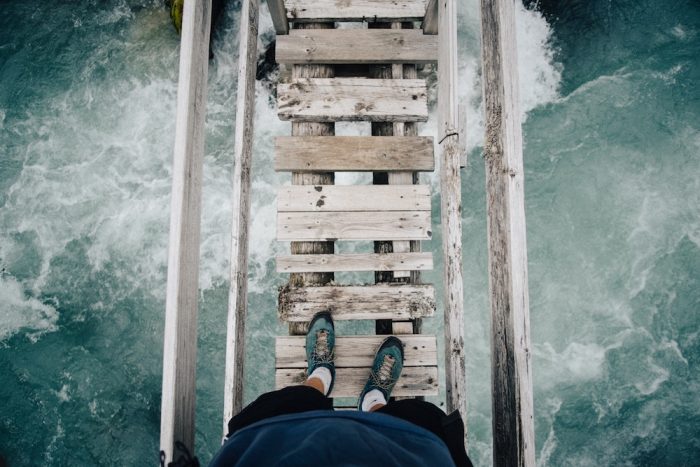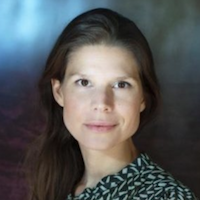If I were a doctor, I would encourage my patients to become just a tiny bit afraid at least once a month.
My reasons for this rather unconventional advice are twofold.
First, a healthy dose of fear a day keeps boredom away. Second, facing our fears is an opportunity for personal development.
Only by regularly experiencing fear are we able to learn how to deal with it and even overcome it. This learning experience provides us with a sense of freedom, self-empowerment, and spiritual growth.
Admittedly, being afraid can have severe negative impacts on our body and mind. Fear weakens our immune system and can cause cardiovascular damage, decreased fertility, and accelerated ageing. It also impairs formation of long-term memories and impacts our thinking and decision-making in negative ways, leaving us susceptible to intense emotions and impulsive reactions.
It seems quite understandable, then, that so many health experts have recently recommended people to avoid stress as much as possible. However, their recommendations seem to overlook some crucial positive aspects of fear.
I argue that fear has a function in our modern lives that is often not recognized by health experts.
Fear shows us where we have room for growth.
Consider this: if we would always allow our fears to control what we do, or to determine what we do not dare to do, we will likely live a life that is relatively comfortable and relaxed—but that is also very limited.
By consistently avoiding fear, we don’t make use of life’s opportunities to get to know the unknown. We’re not exploring the full potential of what life has to offer us.
The result can be that we miss out on the things that might have been new and scary at first, but that could have become the best parts of our lives. If we could overcome a fear of heights, perhaps rock climbing would become a passion we would never have wanted to miss (this happened to me!). If we could overcome our initial shyness, perhaps we would find the love of our life. If we could learn to deal with our fear of failure, we might discover a new talent in ourselves that we did not even know we had.
Avoiding fear also means that we accept a certain idea about our identity: the idea that fear is a fixed characteristic of our personality. Every time we choose not to do something that we find scary, we reinforce this idea of a cowardly or incapable self.
But that idea, my friends, is wrong.
For nearly a decade now, I have been doing social scientific research on fear and courage. I have interviewed the world’s bravest people, from Inuit hunters to extreme athletes to humanitarian aid workers working in conflict zones.
As diverse as their stories were, they all included this message: courage is not something we are born with, but a trait that can be developed throughout our lives. People can develop it by practicing on a regular basis with scary situations or other forms of stress.
I’ve learned that every one of us is able to develop courage and overcome fears, as long as we apply the right methods to do so.
There exist simple, safe, and effective fear management strategies that we can practice at home. These include self-hypnosis, visualization, relaxation techniques, and other scientifically proven tools and practices. I have applied these methods myself to help me overcome a fear of heights and a fear of flying, amongst other things, and now enjoy both rock climbing and traveling by airplane. Others I have worked with have applied these methods to overcome fear of failure, fear of public speaking, fear of driving a car, fear of spiders, of cats, of elevators, of romantic dating—well, you get the idea.
The point is that people who become familiar with these methods become able to live the life they want to live, instead of the life they dare to live. By practicing with stressful situations and overcoming fears in controlled ways, these people boost their self-confidence and get to live a more adventurous life.
So, if you have been trying to follow doctors’ advice and avoid stress, I invite you to rebel with me.
Face your fears and challenge your ideas about who you are and what you are able to do in life. Your life might become slightly more stressful than it is now, but it will also be full and exciting.
Try it, if you dare!

 Share on bsky
Share on bsky





Read 0 comments and reply